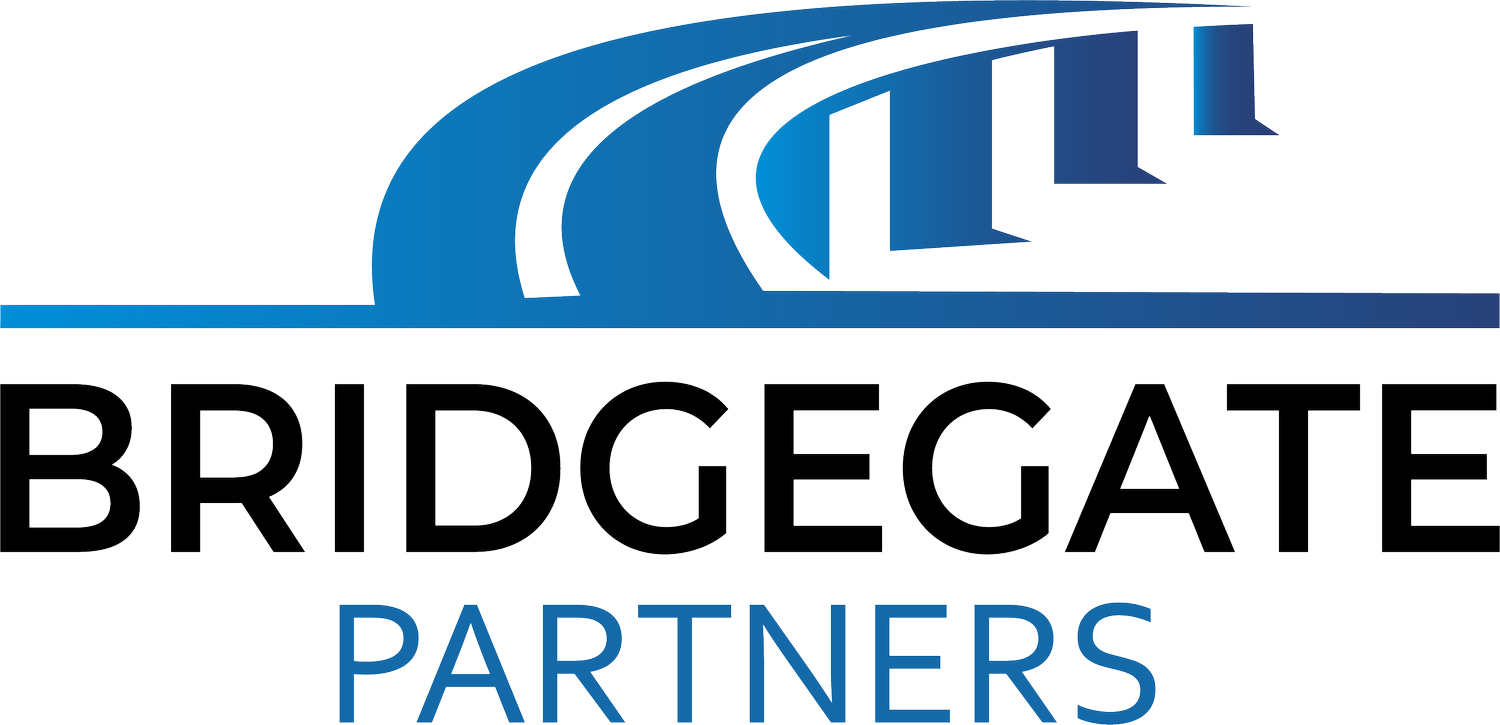5 Ways to Exit Your Business: Which One Is Right For You?
(Please note: this article first appeared on Sixty+Me on 5/11/24)
First, it’s the Summer Olympics and my wife and I are shameless Olympics junkies. Hence the picture used in this post. I created it using Microsoft Copilot.
Now to the content.
If you’re thinking about a life without your business, you can exit in one of five ways. Consider the options carefully because each approach has pros and cons. Think about which approach is best for you and all the stakeholders before proceeding down a path.
Sell to a Third Party
You could sell your business to an external buyer. It might be an individual, a company, or an investment group. The advantage of this approach is that it can generate significant cash flow and provide an opportunity to maximize your business's value. It may also allow you to step away after a short transition period.
On the other hand, selling to a third party can be complex because you’ll need a formal business valuation, go through challenging negotiations, and involve attorneys to consider the legal issues. It may also take time to find the right buyer and there is greater client or customer risk when a business changes hands to a new owner.
Transfer to a Family Member
In some cases, you might be able to hand over your business to a family member who will continue running it. This approach maintains family ownership and legacy, and often the transition is smoother because the new owner may already be familiar with the business.
However, a family member taking over has potential downsides. For example, it requires careful planning to ensure the new owner has the skills and desire to run the business. There may also be family dynamics to manage.
Sell to Employees (Employee Buyout)
If you have a large enough business with ten or more employees, the employees could band together and buy the business. Most often this is through an Employee Stock Ownership Plan (ESOP) or other financing arrangements.
Selling to employees can boost employee morale and maintain business continuity. It can also provide a structured exit plan for you.
On the other hand, funding the buyout may be challenging, and you must set up an effective management structure to ensure a smooth transition. ESOPs are complex vehicles that require specialized outside expertise. Also, ESOPs work best for a business with over $10mm in revenue so it is not a good approach for smaller businesses.
Partner(s) Take Over
If you have a business partner or partners, she/he/they can simply take over and let you ease out of the business. The advantages to succession through partners are like a family member taking over the reins. There is continuity, legacy, little disruption to customer service, and simplicity from an operations standpoint. Even if you don’t currently have a partner, think about who you might start grooming from within your organization to be a partner one day.
However, a partner taking over the business assumes the acquiring partner has the necessary skills and aptitude for running your business. Also, a partner may not have the financial resources to buy out your portion of the business up front which would necessitate a long earn out for you. Finally, a partner might not run your business the way you would so if you choose this route, be prepared to be flexible.
Close the Business
As a last resort, you may simply close the doors and turn in the keys. If your business ceases this way, you’ll sell your assets to cover liabilities. Any remaining assets are distributed to you.
This approach provides a clear end to the business and might be suitable if there are no interested buyers or successors.
Keep in mind simply closing the business usually provides lower financial returns compared to a sale. And it can be emotionally difficult for you and employees and even long-time customers and clients. It’s difficult to create a win-win-win scenario if you close the business without a successor.
Conclusion
As you consider these five pathways to exiting your business, remember that each represents not just a transaction or a shift in leadership, but a transformation in your life and the legacy you leave behind. Exiting your business could feel like stepping off a moving train, embracing the unknown with both fear and exhilaration. It's a decision that allows you to explore new horizons, but also means letting go of something you've nurtured for years.
Whichever approach you choose, an effective and efficient exit requires time to execute well. The sooner you start with your exit plan, the better the outcome.
What approach do you see as your best option? Do you have a successor in place, potential third-party buyers in mind or a family member who might be interested? What do you need to do right now to start preparing for your eventual succession? Please share your thoughts and comments with me at steve@bridgegatepartners.com. Thank you.
